Protein is vital for the development of muscles. It assists in the restoration and repair of the muscle tissue that is essential for boosting strength and muscle mass. But, due to various reasons, people might consider if it is possible to build muscle without protein. Therefore, the problem is, do you have the ability to build muscles without protein?
First, you need to understand the role that how protein plays in our bodies. When you exercise, your muscles suffer small tears that need repair. Protein supplies the essential amino acids required for protein synthesizing which is the process of building and repair of muscle tissue.
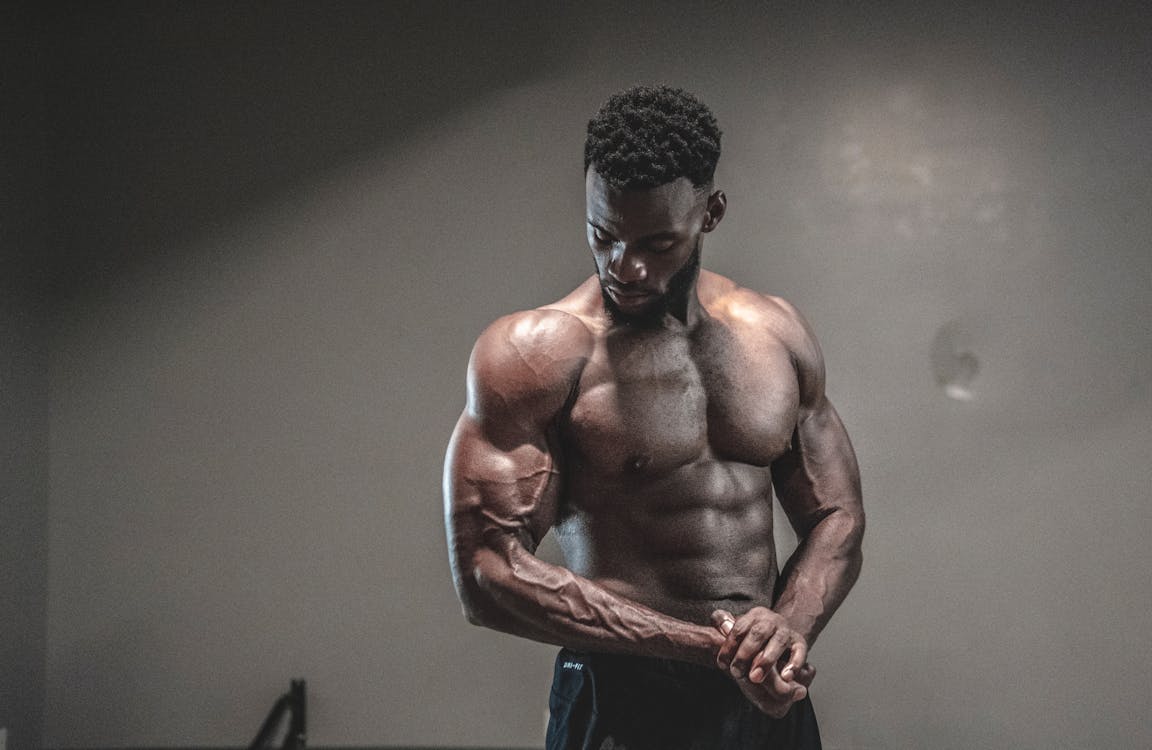
But, protein isn’t the only nutrition that plays a part in the building of muscles. Fats and carbohydrates are important sources of energy to aid in the growth of muscles. Carbohydrates will give the required energy to sustain training and replenish glycogen stores when fats play an important role in the production of hormones and supply the energy in low-intensity sports. Furthermore, minerals and vitamins are important micronutrients to support general well-being and indirectly help in the development of muscles.
Even though protein is very essential for building muscles, that is not the only factor.
There is a way to gain muscle mass without taking large amounts of protein when you consume enough other nutrients.
There are however disadvantages to building muscles without protein. Finding enough calories to support growth in muscle could be more challenging if you don’t rely on food items that are protein-rich. Furthermore, eating more protein has proven to be associated with greater increases in the size of muscles. Protein is vital to building muscle however, it’s not the only element that plays an important function. You can build muscles without eating huge amounts of protein however it can be difficult to consume the needed calories to build muscle.
Understanding protein and its role in muscle building:
Protein is a mineral that is crucial for building muscles. It is the primary amino acid needed for protein synthesizing which is the process of building and repair of muscles. When we do weight lifting or resistance training muscle tissue, is subject to tiny tears that need to be repaired and protein is the essential component for the repair.
Twenty amino acids compose proteins. Our bodies can only make some of them independently. The remaining amino acids, referred to as important amino acids have to be obtained through diet. Protein-rich foods like eggs, fish, meat chicken, dairy, and eggs are great sources of these amino acids. Protein sources that are plant-based, like beans, nuts, and seeds, also provide adequate amounts of amino acids that are essential.
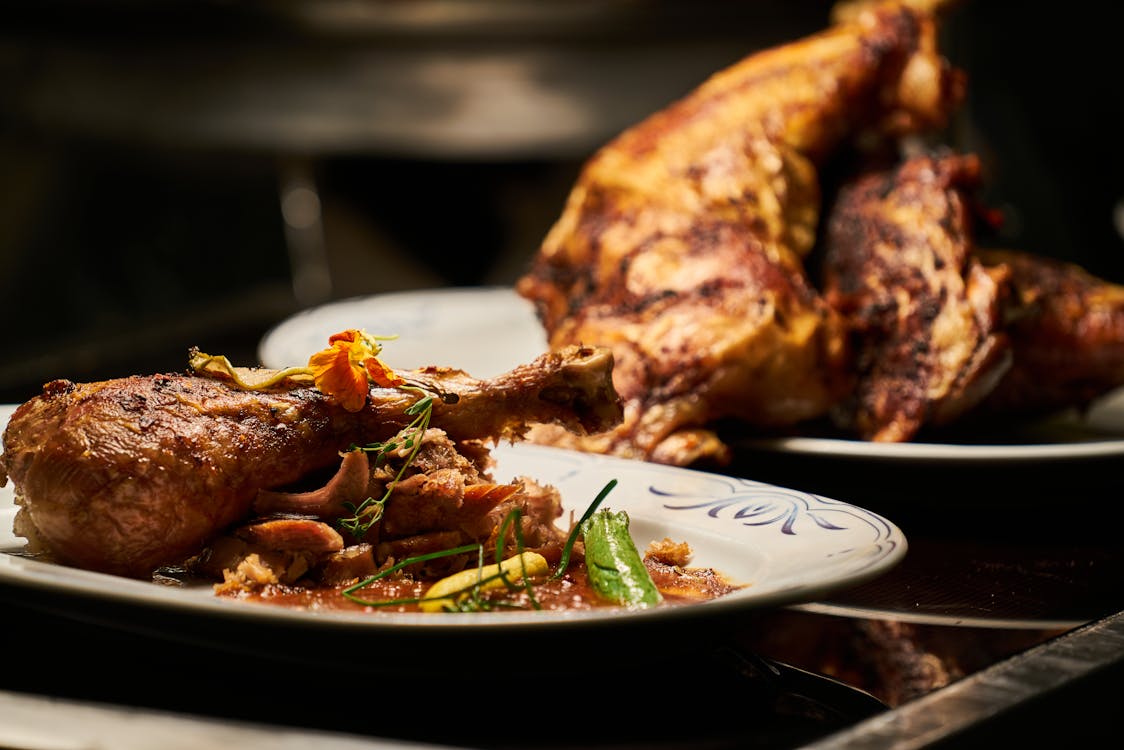
Protein levels required to build muscles vary on one’s weight and gender as well as the degree of physical exercise. The most common recommendation for people who want to build muscle is to consume 1.6-2.2 grams of protein per kg of body mass every day. Consuming protein-rich food immediately following a workout may assist in supporting the production of protein in muscles and aid in recovering muscle.
Apart from building as well as repairing muscle tissues protein plays other important functions within our bodies.
It’s involved in the creation of hormones, enzymes, and other essential molecules. It is also involved in maintaining an immune system that is healthy and carries oxygen through our body.
Protein is vital for the development of muscles because it supplies the amino acids needed for protein synthesis. Incorporating sufficient protein in our diets, especially after workouts will aid in the recovery of muscle and help the growth of muscle.
Alternatives to building muscle without protein:
Although protein is vital in building muscle, other methods exist to aid in the growth of muscles for those who do not want to consume large quantities of protein.
Carbohydrates are an important source of energy and help to support the growth of muscles. Ingestion of enough carbohydrates can fuel your workout and replenish glycogen reserves needed for the growth and recovery of muscles. The best sources of carbohydrates are fruits and vegetables, whole grains, and legumes.
Healthy fats are a different macronutrient that aids in the building of muscles. Fats play an important role in the production of hormones that is essential for the growth of muscles and their repair. Furthermore, they provide energy in low-intensity exercises and help the body conserve glycogen reserves for intense training. The best sources of healthy fats are nuts, seeds avocados, avocados, along with olive oil.
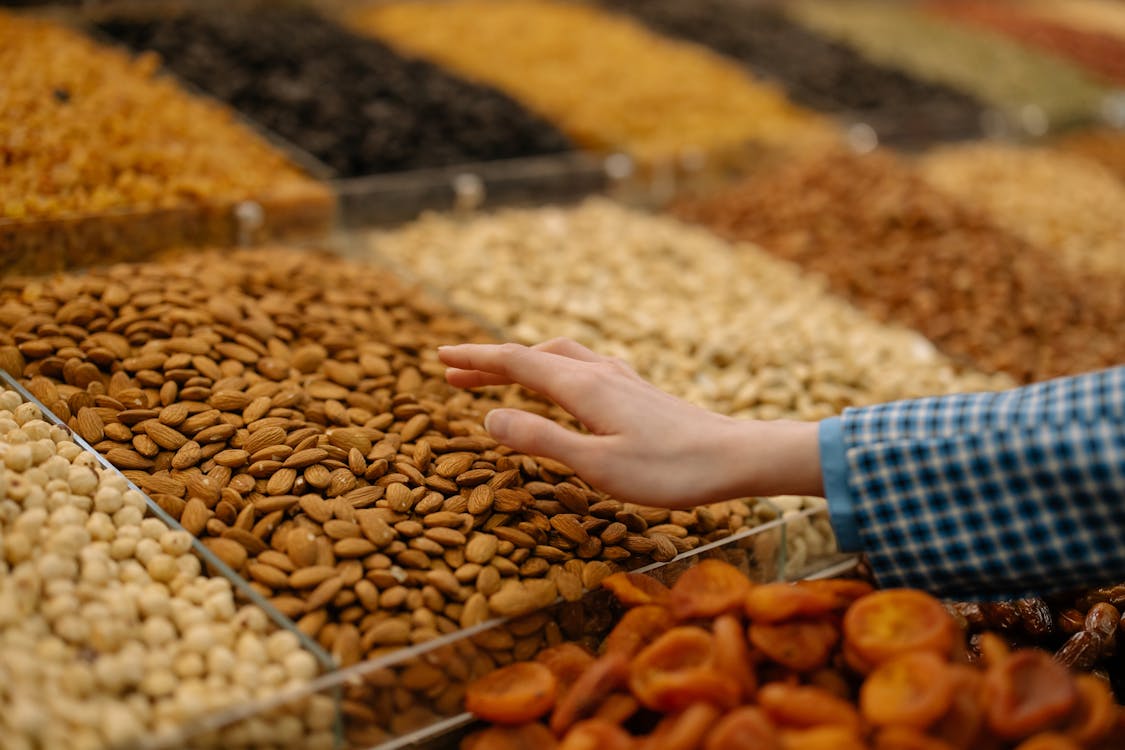
Creatine is an extremely popular supplement that has been proven to boost the strength and growth of muscles. Creatine is produced naturally in the body and is stored in muscle cells. However, the addition of creatine to your diet can boost the quantity of creatine available to produce energy during exercise. Research has shown that supplementation with creatine can boost the strength and mass of muscles particularly when it is combined in conjunction with strength training.
Beta-alanine is a different supplement that has been shown to increase fitness and endurance. Beta-alanine is a non-essential amino acid that is used by the body to create carnosine. It is a substance that helps stop the buildup of lactic acid within muscles during training. This may reduce fatigue and enable longer and more intense workouts.
While protein is vital for building muscle, different methods can be found to help support the growth of muscles. Consuming enough carbs and healthy fats, and adding beta-alanine and creatine will aid in the development of muscle and boost exercise performance.
Strategies to build muscles without protein:
Protein is essential to building muscles, there are ways to build muscle without eating massive quantities.
Increase your intake of calories Consuming sufficient calories is vital to building muscle regardless of the source. Make sure you take in more calories than you burn every day to help build muscle.
Make sure you are eating carbohydrates. They are a vital source of energy to help you work out and aid in the recovery of muscle. Consume complex carbohydrates, such as fruit, whole grain cereals, and vegetables to boost your workout and replenish glycogen stores.
Include healthy fats: Fats play a function in the production of hormones as well as energy levels during activities with low intensity. Include healthy oils from sources like seeds, nuts, and avocados to aid in the growth of your muscles.
Utilize creatine: Creatine is a naturally occurring substance that helps with the growth of muscles and increases strength. It is recommended to supplement with creatine to increase muscle strength, particularly when coupled in conjunction with strength training.
You can try beta-alanine. It is an amino acid non-essential that improves muscle fitness and performance by buffering the build-up of lactic acid during exercising. You may want to consider supplementing with beta-alanine in order to boost your performance during exercise.
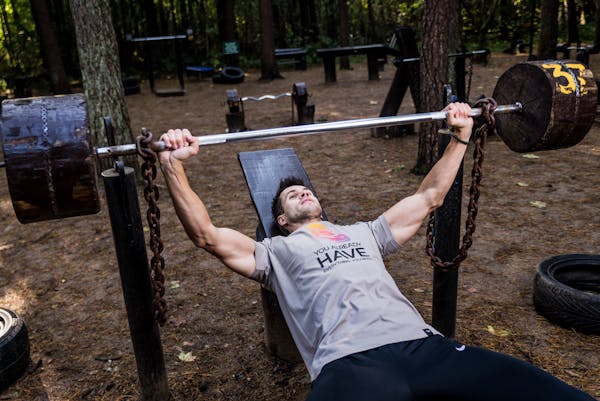
Concentrate on compound exercise
Squats, compound exercises like deadlifts, squats, and bench presses work, multiple muscle groups, at the same time and may lead to more massive muscle growth than isolated exercises.
Take your time to rest Sleep is crucial to repair and growing muscles. Try to get at least 7 to 8 hours of sleep per evening and schedule off days for rest to give your muscles to heal.
Increased calorie intake by focusing on carbohydrates and healthy fats, incorporating beta-alanine and creatine, focusing on compound exercise, and getting enough rest help in the growth of muscles.
Research on muscle building without protein:
One study that was published in the Journal of the International Society of Sports Nutrition examined a vegan bodybuilder who was able to build muscle mass without the need for animal proteins. The person ate a high-carbohydrate diet and moderate amounts of healthy fats augmented by beta-alanine and creatine as well as BCAAs, or branched-chain amino acids (BCAAs). The subject increased by 4.5 kilograms of muscle mass in six months.
A second study that was released in the Journal of Strength and Conditioning Research examined the effects of a diet high in carbohydrates on the growth of muscle in trained resistance males. The study revealed that a diet high in carbohydrates resulted in significant increases in cross-sectional areas of muscle and strength without increasing protein intake.
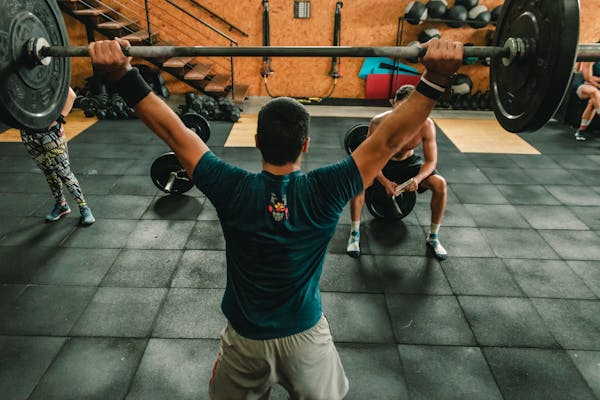
A study published in the Journal of the International Society of Sports Nutrition focused on the effect of supplementing with creatine on muscular development in conjunction with exercise resistance. The research found that supplementation with creatine led to significant improvements in strength, muscle mass, and power for athletes, despite no increase in the intake of protein.
Although there aren’t many studies that specifically focus on building muscles that do not contain protein The research suggests that eating sufficient carbohydrates and healthy fats and supplementing with beta-alanine and creatine helps to promote muscle growth and enhance fitness performance. But it is necessary to conduct more research to understand the full impact of building muscles without protein.
In the end, Protein is essential to building muscle, but it’s not the only element that aids in the growth of muscles. Focusing on strategies like increasing calories, eating healthy fats and complex carbohydrates as well as supplementing with beta-alanine and creatine you can build muscles without eating massive quantities of protein.
Furthermore, case studies and research studies show that a diet high in carbohydrates will help in the growth of muscles regardless of an increased intake of protein. However, further research is needed to know the benefits of building muscles without protein.
It’s crucial to keep in mind that the needs and goals of each person could differ. Consulting an expert in healthcare or a registered dietitian could help in the development of the right nutrition strategy to support the growth of muscles. Additionally, combining a balanced diet and regular exercise routine which includes compound exercises as well as adequate rest, will yield the greatest results for building muscles. In the end, although protein is a vital nutrient, there are other options and strategies to build muscles without taking in large quantities of protein.



